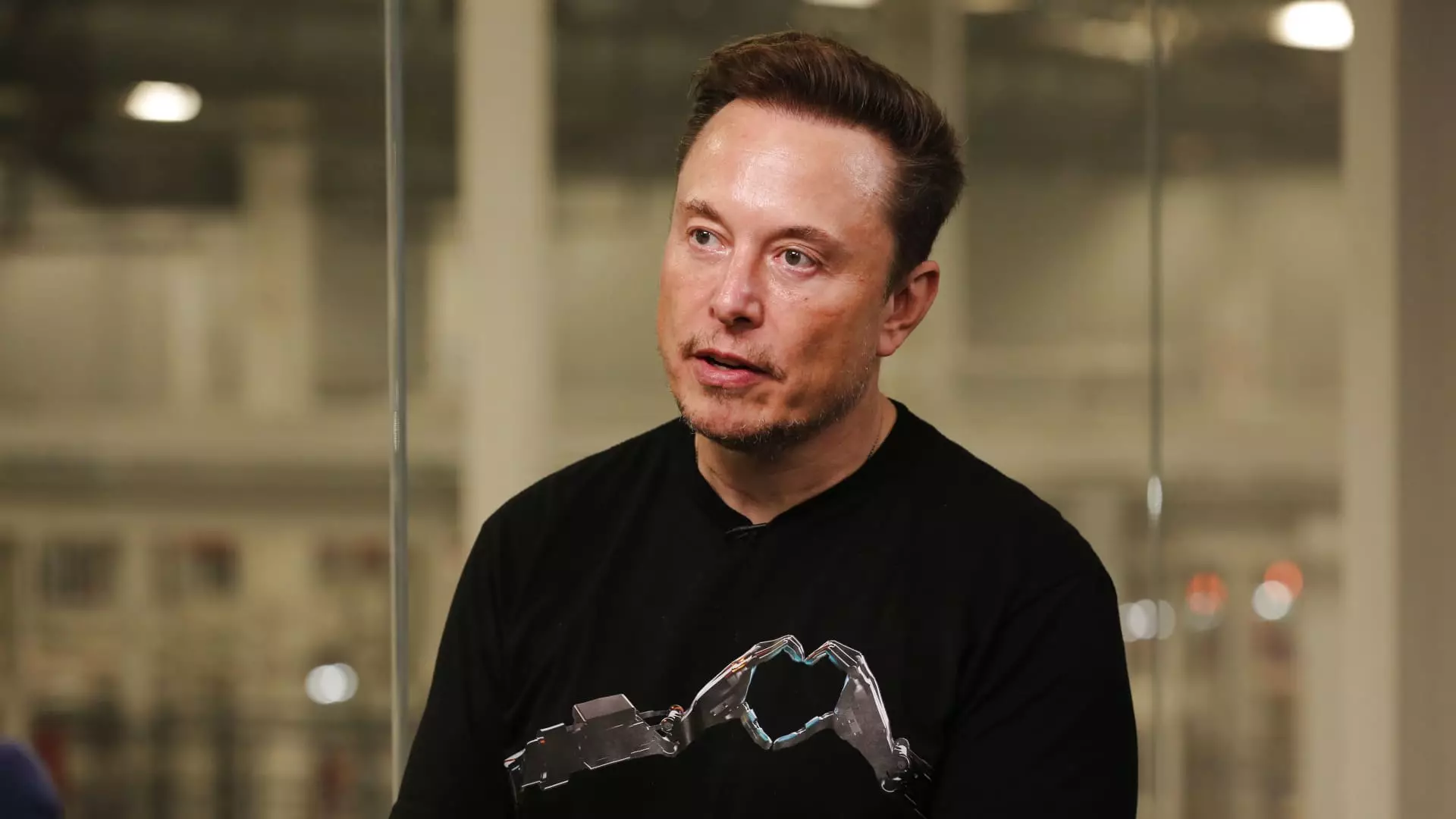The recent resignation of Marko Elez from the Department of Government Efficiency (DOGE) team, led by tech mogul Elon Musk, has sparked significant debate regarding ethics in public service. This resignation occurred on a day when the Wall Street Journal uncovered Elez’s connections to a now-deleted social media account that entertained discussions of racism and eugenics. Elez, aged 25, was recently authorized by a federal judge to access sensitive payment information from the U.S. Treasury, albeit with restrictions placed on how he could use that data. The implications of employing individuals with such controversial ideologies raise critical concerns regarding the vetting process for public employees.
Despite being recognized as a special government employee, Elez was affiliated with a social media account that has been memorialized in public archives for expressing extreme views. Comments such as “You could not pay me to marry outside of my ethnicity” and statements that incited hate against specific ethnic groups are troubling, particularly from someone in a public service role. The account also controversially suggested contentious geopolitical opinions, such as wishing for the erasure of conflict zones. These alarming posts prompt a necessary examination of personal accountability in professional domains, especially when government positions are involved.
Elon Musk’s influence extends beyond technology and innovation; he is actively involved in efforts to reform federal spending and reduce workforce size. This raises questions about the motivations behind placing individuals with questionable views in such critical roles. Although Musk’s involvement with DOGE is framed as an initiative for efficiency, the consequences of employing individuals like Elez can be damaging to public trust. Critics may argue that Musk’s connection to such employees illustrates a potential gap in oversight or a preference for loyalty over propriety.
Implications for Government Hiring Practices
The incident underscores a broader discourse on government hiring practices. It is imperative that government entities conduct thorough background checks that encompass social media scrutiny to prevent individuals with extremist views from obtaining positions of influence. The actions taken against Elez illuminate the urgent need for establishing ethical standards that govern public service employees. Moreover, the fallout from this incident could lead to public outcry demanding more transparency in the vetting processes.
The Repercussions of Public Perception
The resignation of Elez serves as a case study in the consequences of social media behavior on professional careers. While individuals may believe they are entitled to express their opinions freely on personal platforms, the intersection of public service and personal ideology can lead to adverse outcomes. The ethical implications are profound, as unchecked ideologies may undermine public confidence in governmental institutions.
The incident involving Marko Elez is not merely an isolated event; it represents a microcosm of the systemic challenges plaguing government employment today. It calls for a reinvigoration of ethical standards and practices that not only protect the integrity of public service but also foster an environment of respect and inclusivity in an increasingly polarized world.


Leave a Reply